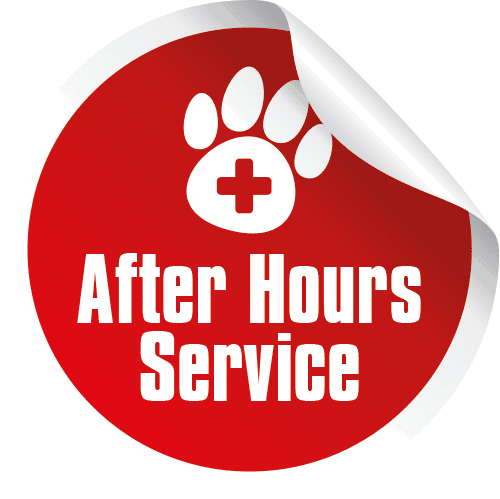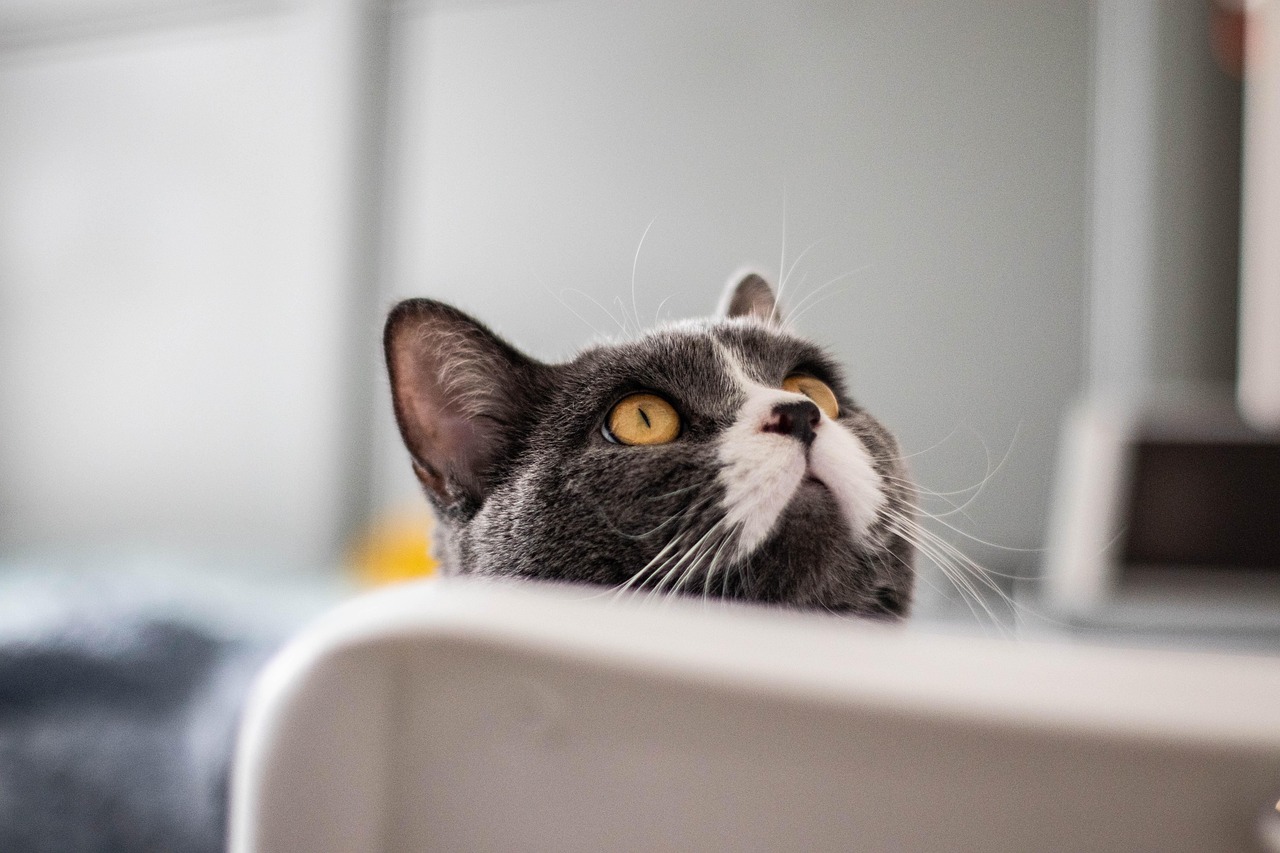Pet emergencies don’t operate on a 9-to-5 schedule, and for pet owners, knowing where to turn during an unexpected crisis can be crucial. Whether it’s a sudden injury, a respiratory issue, or a severe allergic reaction, after hours vet services provide a critical lifeline for those unplanned, often late-night situations that require immediate care. In this article, we’ll explore what after-hours vet services offer, why they’re essential, and how you can prepare yourself and your pet to handle emergencies effectively.
Why After Hours Vet Services Matter
1. Quick Access to Emergency Care
Emergencies can happen at any hour, and waiting for regular veterinary hours may not be an option. An after-hours vet service is specifically designed to provide quick, life-saving interventions at any time of day or night. This access ensures your pet receives prompt attention during a critical window when every minute counts.
2. Comprehensive Emergency Expertise
After-hours vet facilities often specialize in emergency and critical care, providing a range of specialized services, such as surgery, diagnostics, and intensive care. These facilities are staffed by veterinarians and technicians with emergency training, making them well-equipped to handle urgent, complex cases.
3. Specialized Equipment
After-hours clinics are typically stocked with advanced medical equipment that may not be available at a standard veterinary clinic. These facilities often have imaging equipment like X-rays, ultrasounds, and diagnostic labs on-site, enabling rapid diagnosis and treatment without the need for referrals or delays.
Common Pet Emergencies That Require After Hours Care
Understanding which conditions require immediate intervention can help you recognize when to seek after-hours care. Here are some of the most common emergencies that benefit from immediate veterinary attention:
- Breathing Problems: Any signs of labored breathing, choking, or severe coughing could indicate respiratory distress, heart issues, or an allergic reaction that needs immediate care.
- Trauma or Injury: Whether your pet has been hit by a car or has sustained a fall, visible trauma such as bleeding, limping, or broken bones should be addressed immediately to prevent complications.
- Seizures or Collapse: Unexplained seizures, fainting, or collapse can be a sign of a serious neurological or metabolic problem. Quick intervention is crucial to managing symptoms and preventing further episodes.
- Ingestion of Toxins: Pets, especially dogs, are known to eat things they shouldn’t. Ingestion of toxic foods, plants, chemicals, or medications can be life-threatening, and after-hours vets can administer treatments to counteract poisoning.
- Severe Vomiting or Diarrhea: Persistent vomiting or diarrhea, especially with blood, can lead to dehydration and indicate an underlying illness that requires urgent care.
What to Expect at an After Hours Vet Clinic
If you’ve never been to an after-hours vet before, here’s what you can expect when you arrive:
- Triage Upon Arrival
The clinic will typically perform an initial triage to assess the severity of your pet’s condition. Critical cases are prioritized, so you may experience some wait time if your pet’s condition is stable and other pets are in more immediate danger. - Diagnostic Evaluation
After the initial assessment, your pet may undergo a series of diagnostic tests, such as blood work, X-rays, or ultrasounds, depending on their symptoms. These tests are essential for the veterinarian to accurately identify the issue and develop a treatment plan. - Treatment and Stabilization
Once the cause of your pet’s condition is determined, the veterinarian will administer the necessary treatment, which may include medications, fluids, wound care, or even emergency surgery. Stabilizing your pet’s condition is a priority to prepare them for either a transfer or further observation. - Discussion of Costs and Options
Veterinary emergency services can be expensive due to the nature of 24/7 staffing and specialized equipment. The clinic will usually provide an estimate of costs and discuss options for care, allowing you to make informed decisions based on your budget and pet’s needs. - Follow-Up Care
After your pet is treated, you may receive instructions for follow-up care or a referral back to your primary veterinarian for ongoing treatment. In some cases, after-hours clinics offer continued observation if your pet requires more time for recovery.
How to Find Reliable After Hours Vet Services
1. Know Your Local Resources
Start by locating after-hours veterinary clinics in your area. Keep their contact information and address accessible in your phone or posted in a visible spot at home. Some veterinary clinics have partnerships with after-hours facilities or provide on-call numbers to guide you in emergencies.
2. Seek Recommendations from Your Regular Vet
Your primary veterinarian may have recommendations for reputable after-hours services nearby, and some clinics even have arrangements with emergency facilities to share records and maintain continuity of care.
3. Use Online Reviews and Community Resources
Websites like Google, Yelp, or specialized pet care platforms often contain reviews and feedback from other pet owners about local after-hours clinics. This information can help you choose a trusted provider.
Preparing for a Visit to the After Hours Vet
To make the process smoother, it’s helpful to prepare a few key items in advance:
- Medical History
If possible, have any recent medical records, vaccine histories, and a list of current medications ready. This information can speed up treatment and provide crucial context for the veterinarian. - Emergency Kit for Travel
Transporting an injured or stressed pet can be challenging. Make sure you have a sturdy carrier or harness for secure transport, as well as basic first-aid items like gauze and antiseptic if needed. - Prepare for Costs
After-hours vet services can be costly, so consider having a credit card, emergency savings, or pet insurance policy that covers emergencies. Some clinics offer payment plans or financing options to help manage costs. - Stay Calm and Focused
Pets often pick up on their owner’s stress. Staying as calm as possible helps keep your pet at ease and allows you to better communicate with the clinic staff about your pet’s condition.
The Benefits of Establishing a Relationship with an After Hours Vet
Building a relationship with a trusted after-hours veterinary clinic offers several advantages:
- Consistency in Care: If your pet has a chronic condition or is prone to emergencies, an after-hours clinic that knows their history can provide better care tailored to their needs.
- Peace of Mind: Knowing you have a dependable clinic to turn to after hours reduces anxiety about handling potential emergencies.
- Access to Advanced Treatments: Many after-hours clinics are well-equipped with advanced technology and a team of experts, providing cutting-edge treatments that may not be available at general clinics.
Conclusion: Be Prepared with After Hours Vet Services
After-hours vet services are an essential resource for any pet owner. By being proactive and prepared, you ensure that your pet has access to immediate care when they need it most. Whether it’s a minor injury or a life-threatening emergency, having a plan in place can make a stressful situation manageable and give your pet the best chance of a swift recovery.
Emergencies may be unpredictable, but with a trusted after-hours vet on call, you’re equipped to handle any crisis with confidence and care. Preparing today ensures you can provide your pet with the quick, quality care they deserve whenever they need it.




